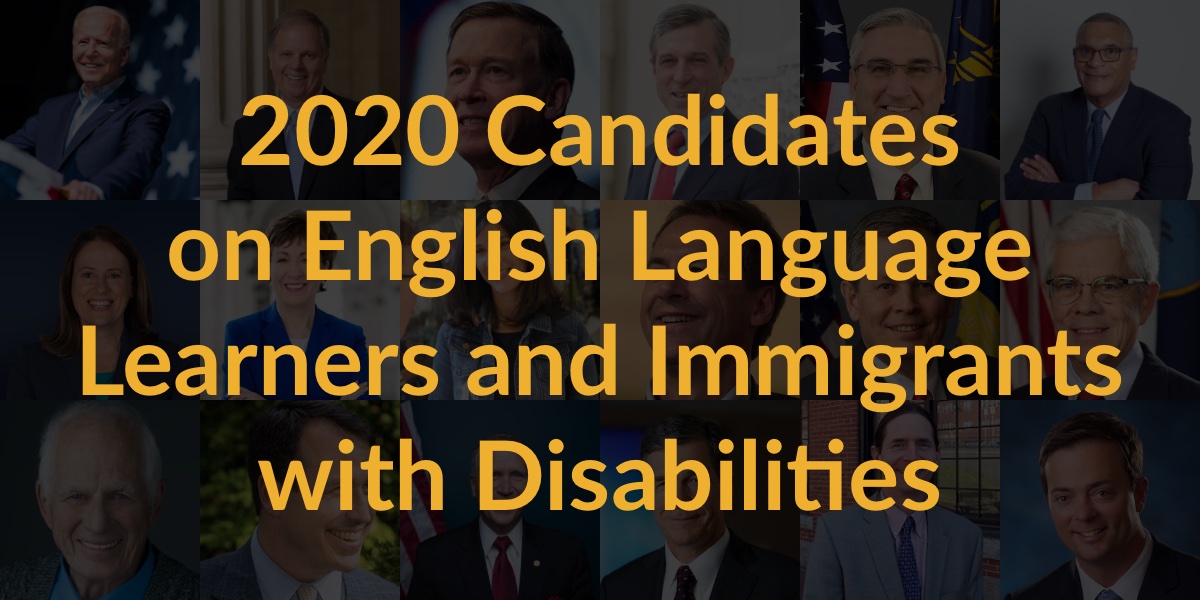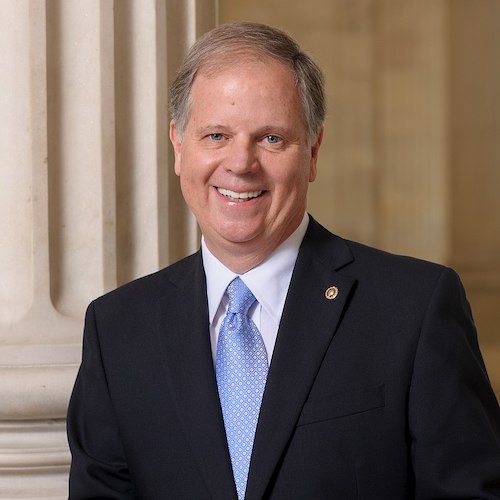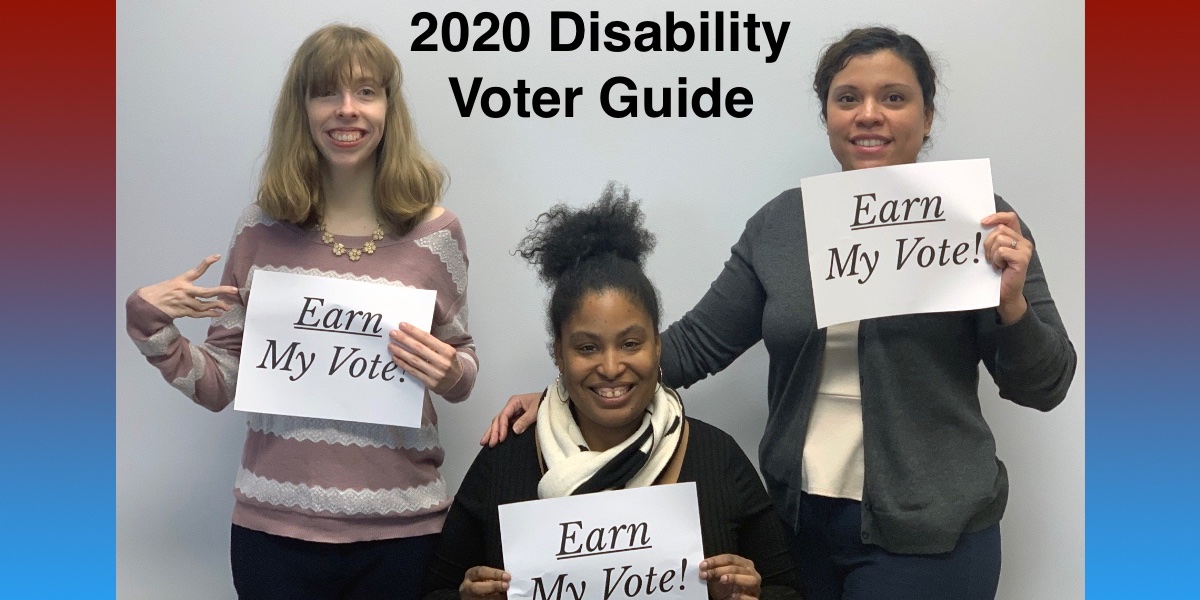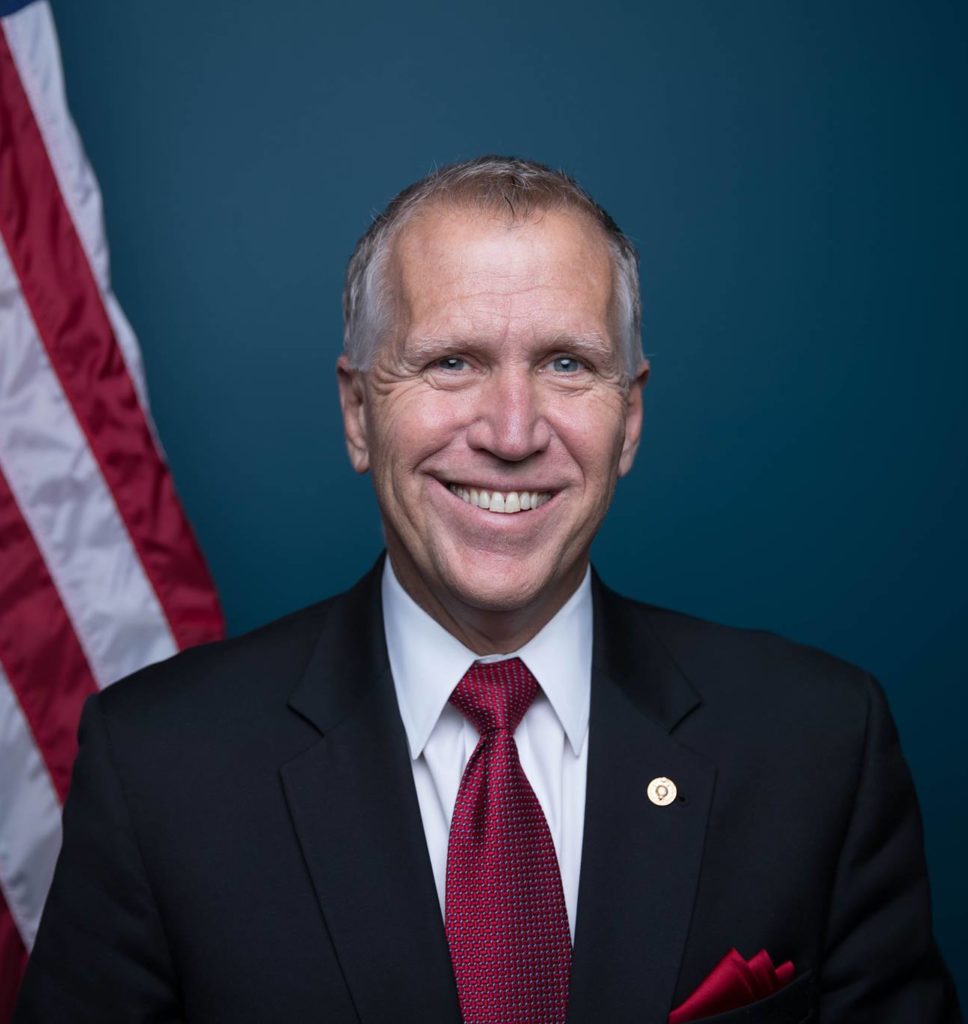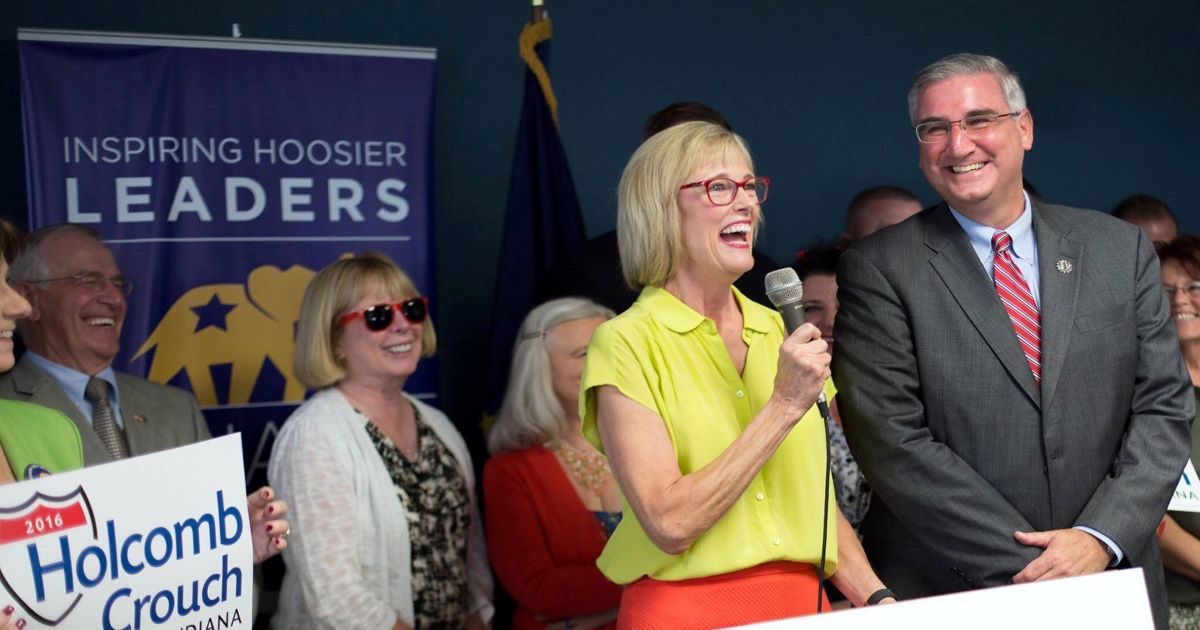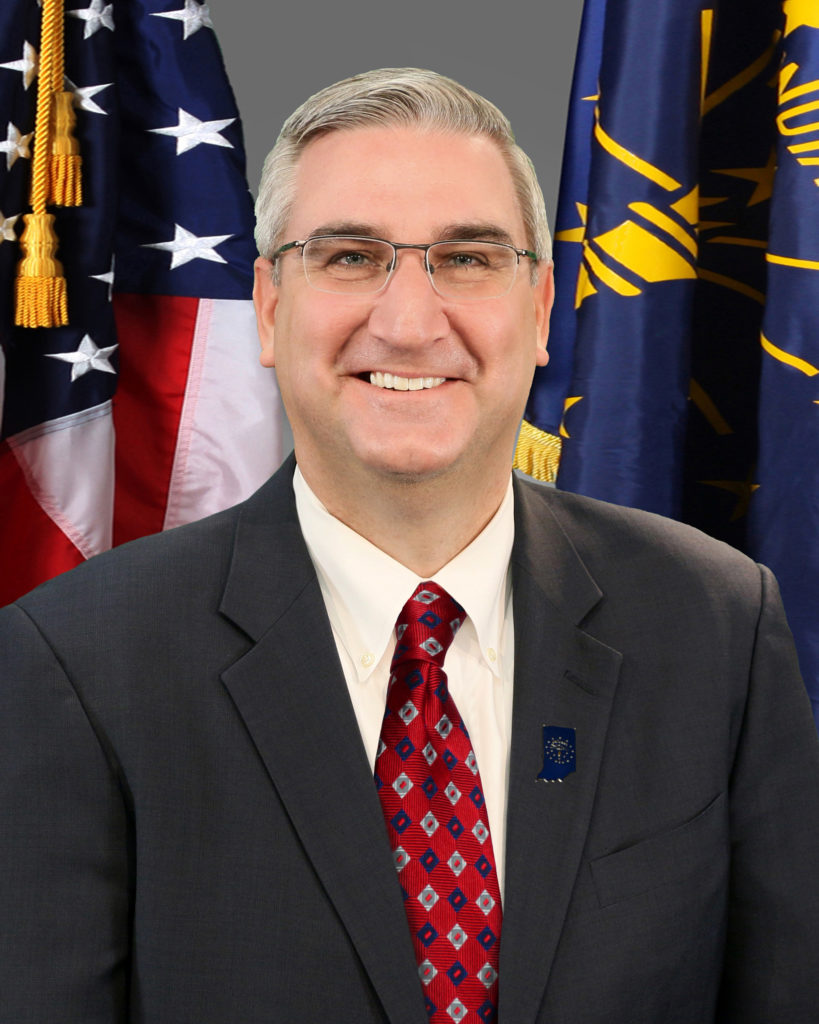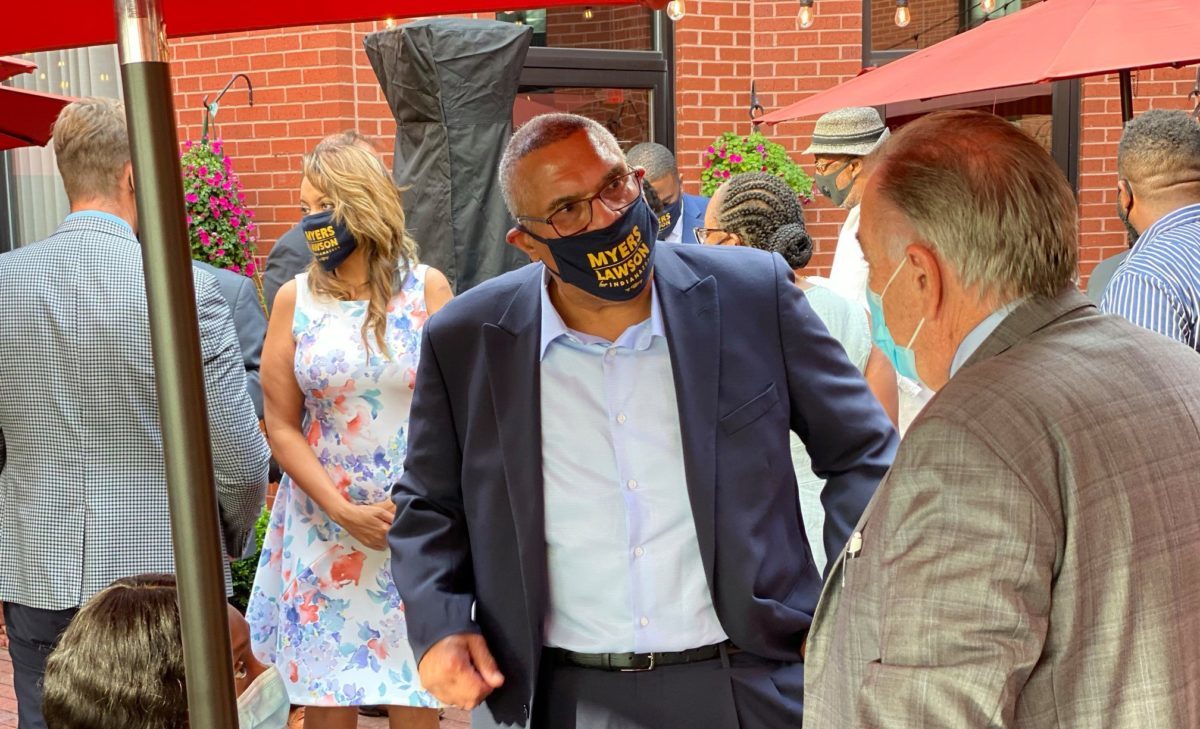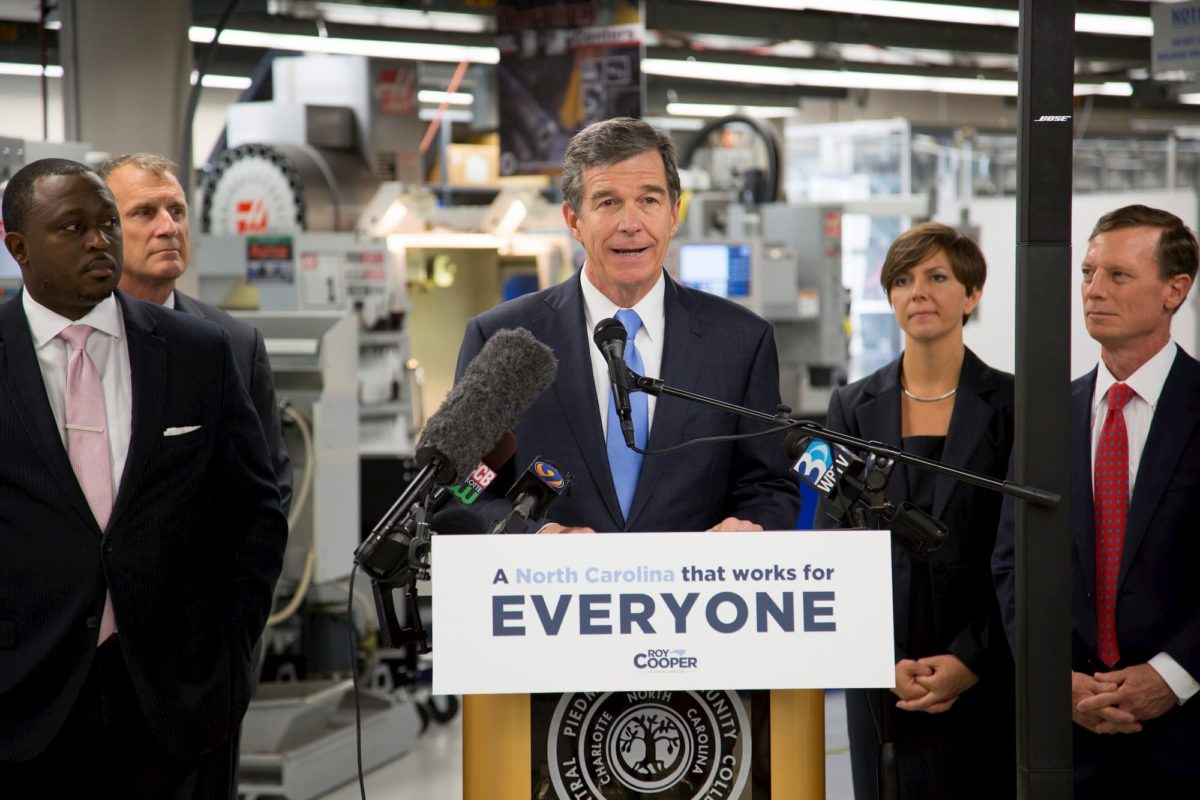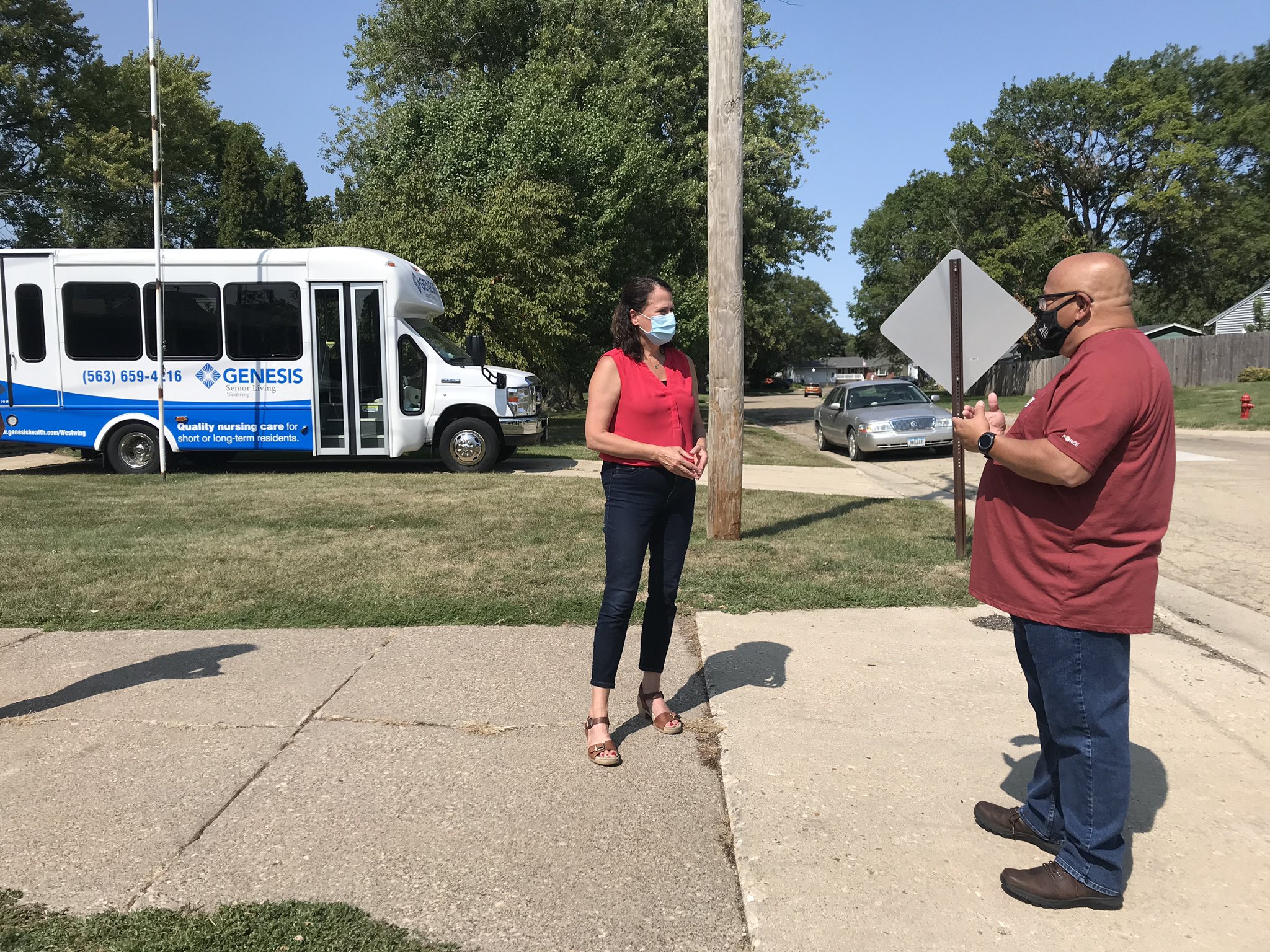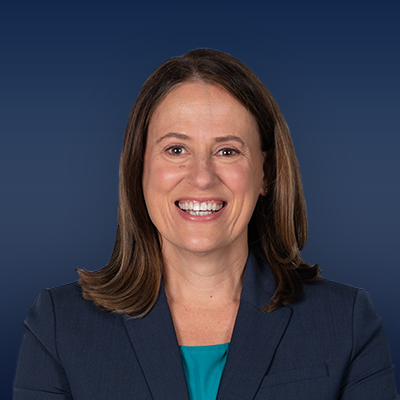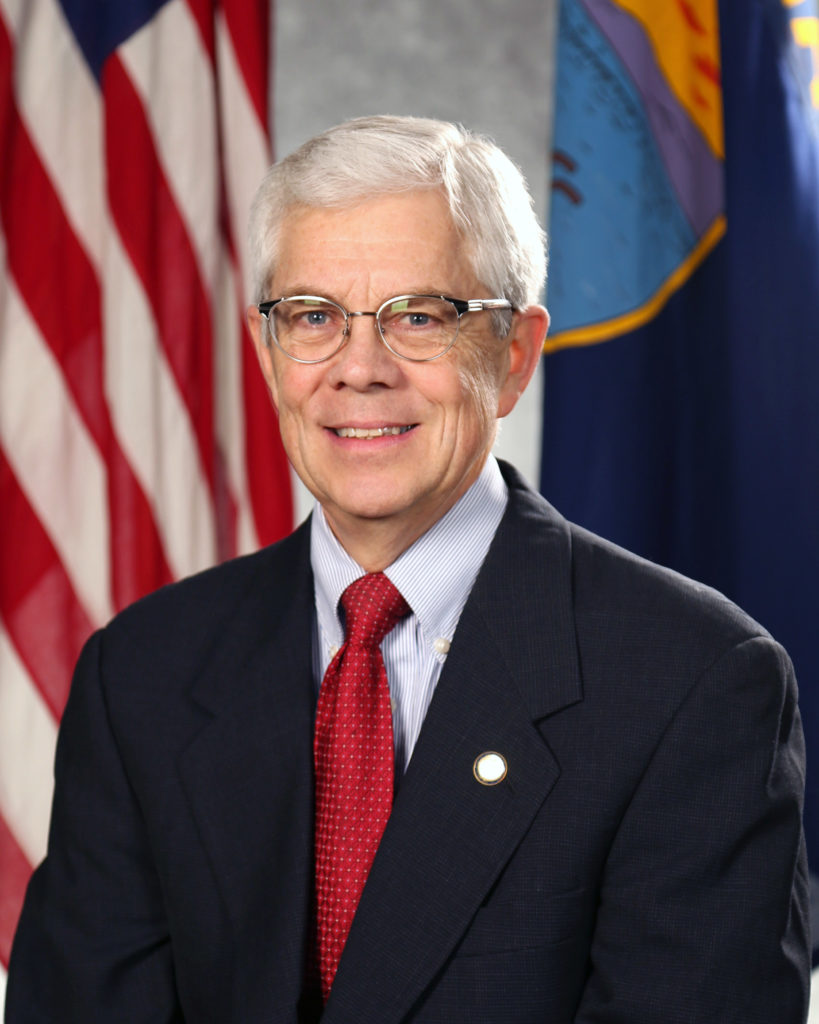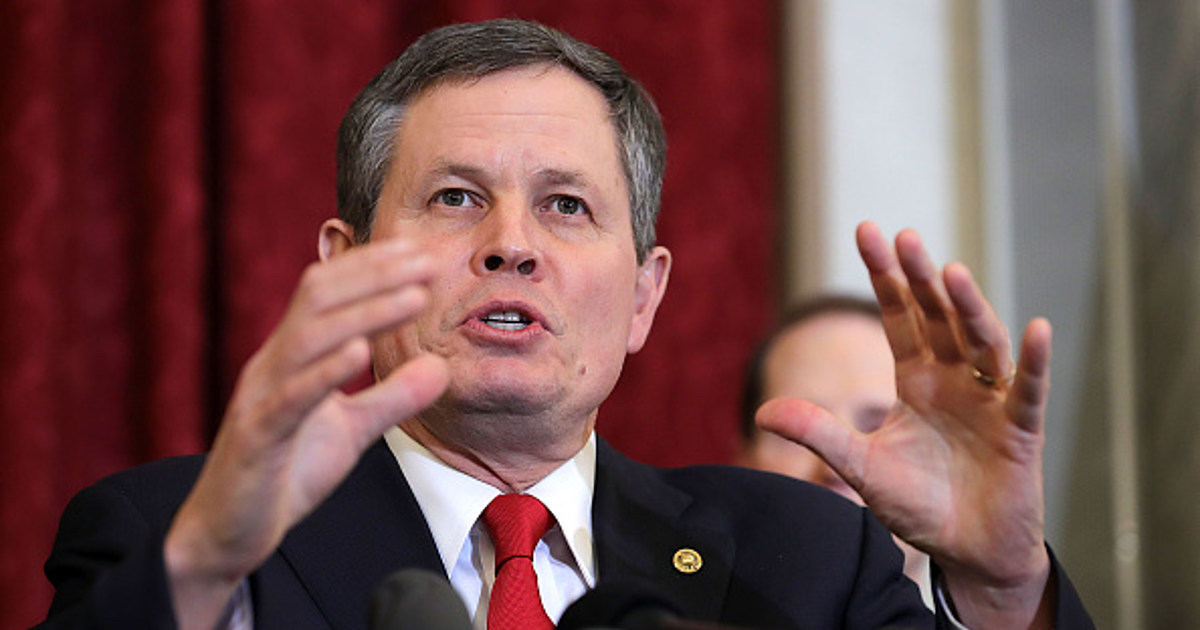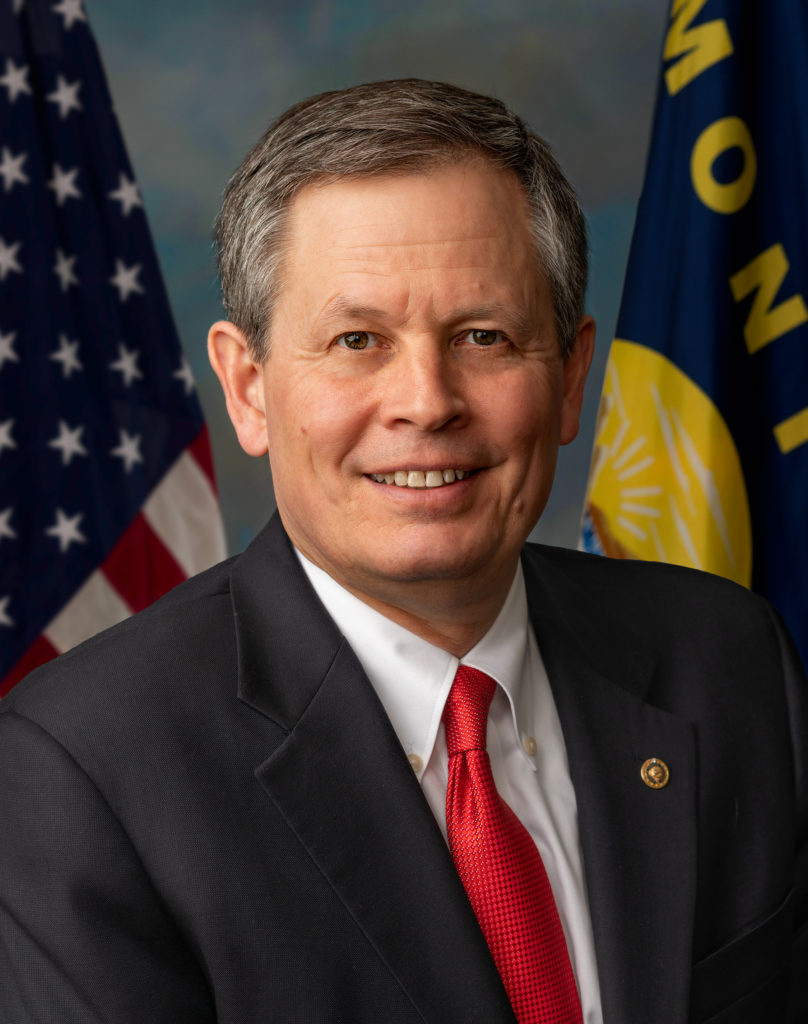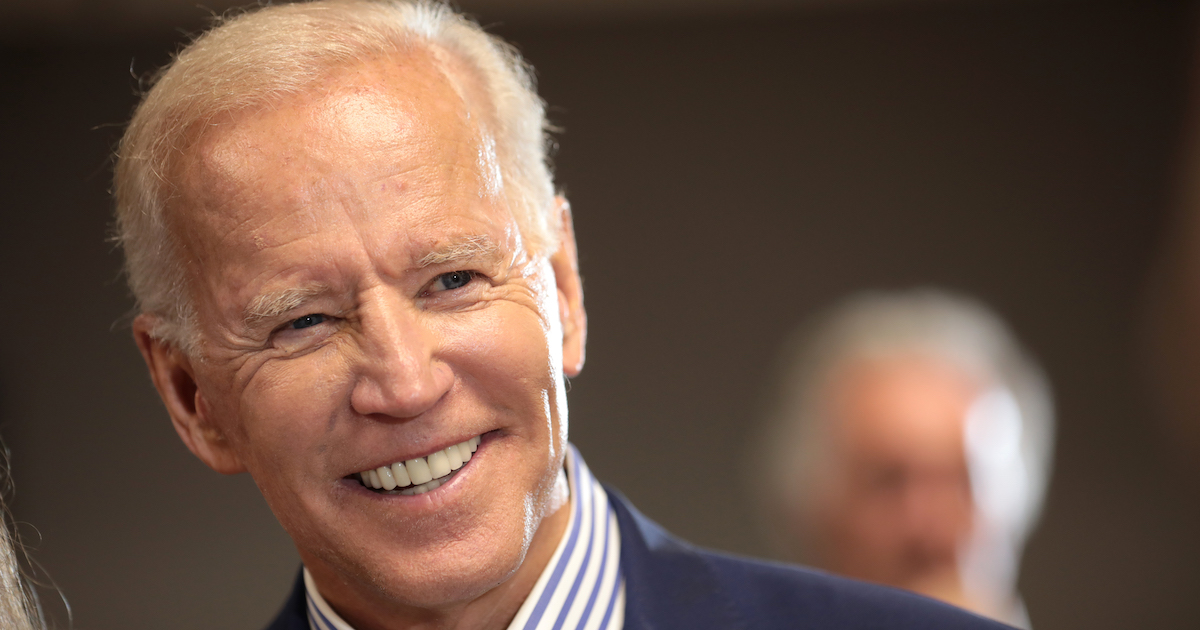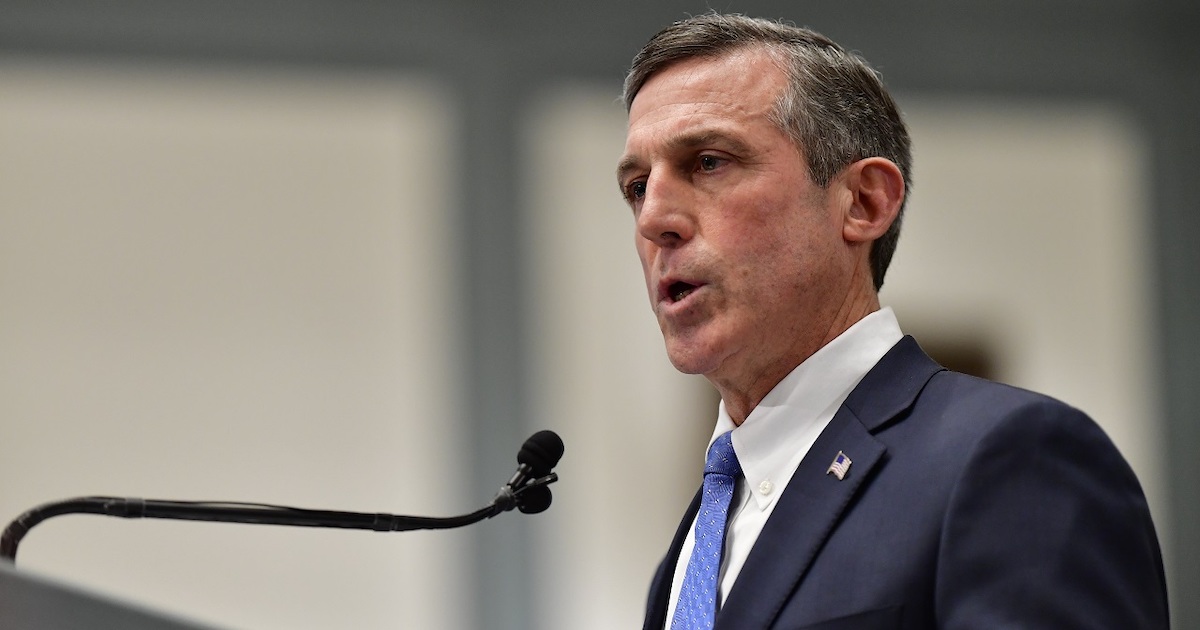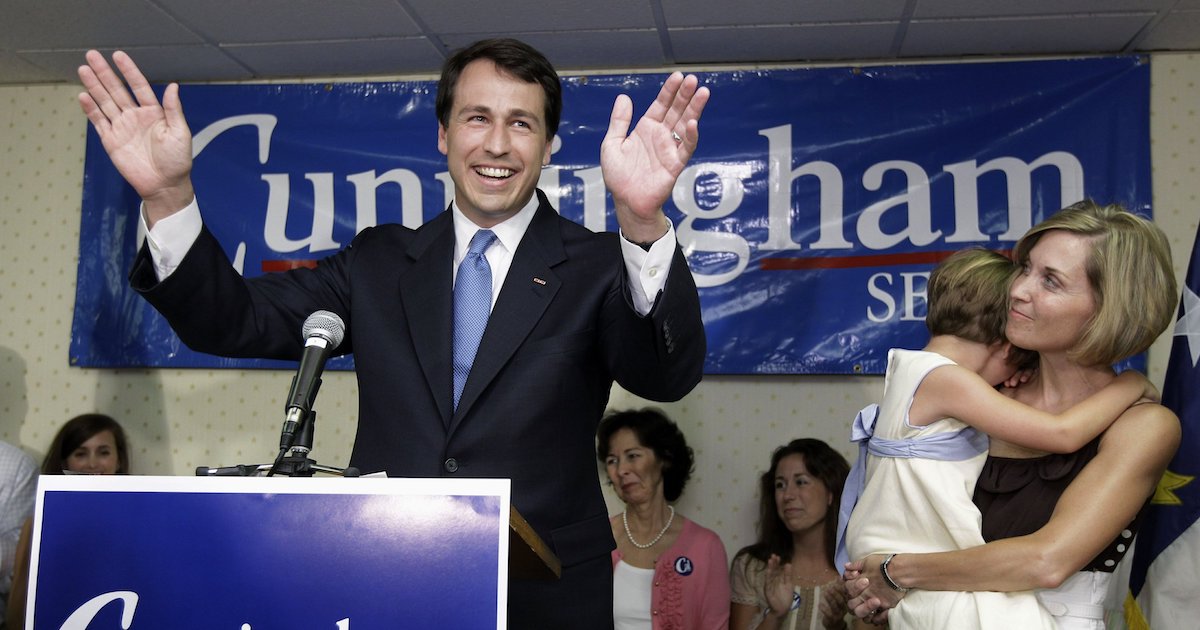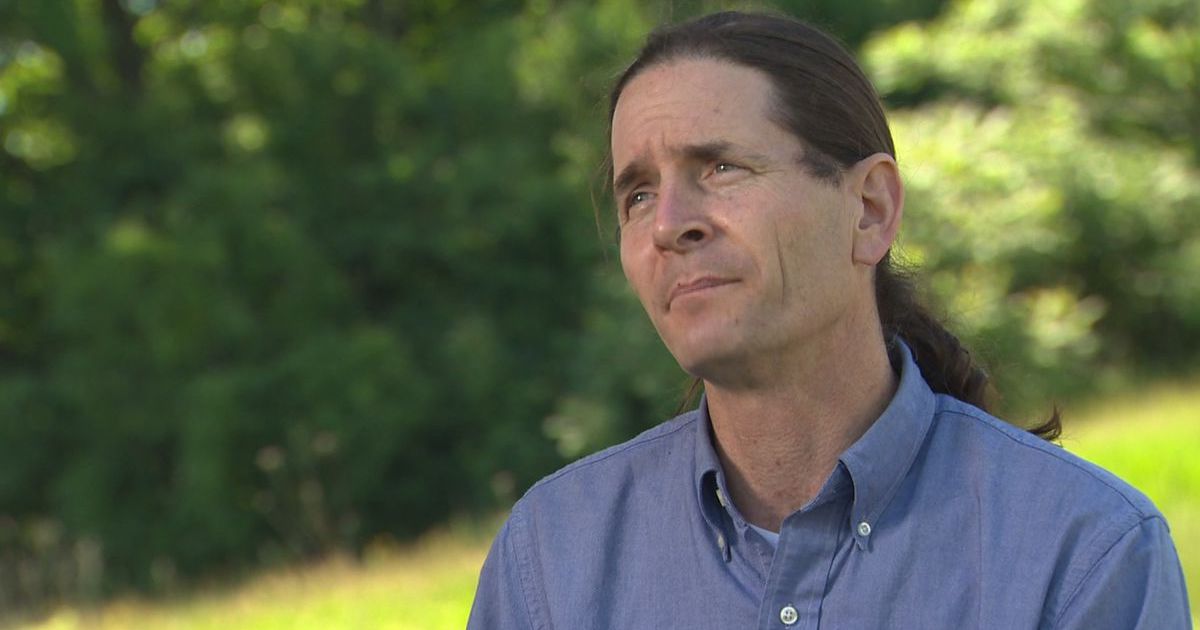Washington, D.C., Oct. 12 – The 2020 election is an election unlike any other. The COVID-19 pandemic has cast a clear light on many of most important inequities that define American life. The continued spread of a deadly disease has forced millions of students to learn virtually and left hundreds of school districts scrambling to adopt new technologies. At the same time, even as more employers embrace telecommuting, millions of immigrants remain essential workers and must risk exposing themselves to COVID-19 in order to earn a paycheck.
With these critical questions being discussed and debated across the country, RespectAbility has been actively inviting all candidates in key Senate and gubernatorial races on both sides of the aisle to submit their answers to a 2020 Disability Voter Candidate Questionnaire.
The disability community is, by nature, intersectional. Immigration advocacy organization IMM Print advocates estimates that there are up to “1.5 million undocumented individuals…with a disability.” Further, Census Bureau data shows that there are more than 44 million immigrants living in the United States and out of that number, up to 6 million are probably living with a disability.
As part of its commitment to fighting stigmas and advancing opportunities so people with disabilities can participate fully in all aspects of community, RespectAbility included questions that specifically address both the need for effective education for students with disabilities and the place of immigrants with disabilities in America today in its disability voter questionnaire. Every candidate was given an equal opportunity to respond and if they are not listed, it is because they declined to answer.
In the questionnaire, Question 6 specifically asked candidates: In our nation’s public schools, there are 6.3 million students with disabilities. The changing demographics of America are reflected in these students, with 11.4 percent of students with disabilities nationwide, almost 720,000, also identified as English-language learners. Their accommodation needs are compounded by the fact that many come from households that do not speak English at home, adding an extra challenge for parental interaction. It can also be harder to diagnose disabilities in children when they are English language learners. Additionally, immigration issues and fears over the public charge rule impact students with disabilities, their families and the wider workforce. What policies would you advance to enable students and their families who are English language learners with disabilities to succeed in school and employment?
Below, read the answers from the candidates who responded:
